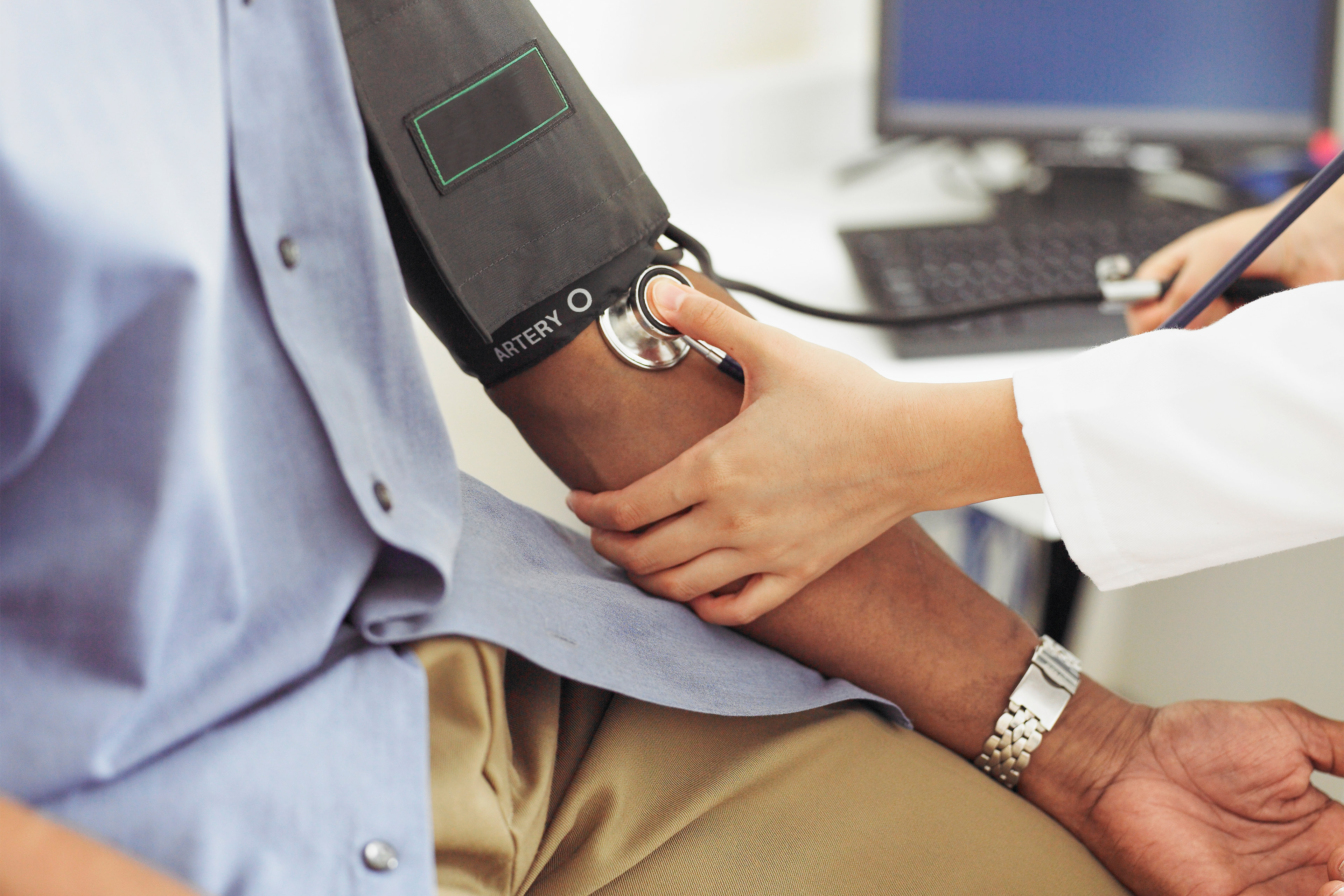Table of Contents
What do you need to know about women’s health services? In this article, you will learn the importance of Preventive care, Pap smears, blood pressure checks, and Pelvic exams. You will also learn about what services you need to know to ensure your health is in tip-top shape. Finally, we have some tips, whether you are a woman, a man, or a teenager. You can also learn more through the different clinics in your area, like the women’s health services silver spring.
Preventive care
Preventive care for women is a crucial part of the well-woman care continuum. Services should include physical and psychosocial evaluations and risk factor assessments. In addition, these visits may consist of counseling and education, interconception care, and prenatal care, as well as postpartum and postnatal care. These visits also often include immunizations. Therefore, they may also be part of the well-woman visit.
In addition to screening women for cervical cancer and HIV, women should also receive a range of other preventive care such as mammograms, Pap tests, and gynecological exams. During the recent COVID-19 pandemic, many women had missed appointments and didn’t get back on track when clinics reopened. This effect may have been most significant in areas where preventive care lagged behind expert recommendations. Researchers at the University of Michigan looked at cervical cancer screenings, STI testing, and birth control care, including prescriptions and insertion of longer-acting devices.
Pap smears
A Pap smear is an integral part of women’s health. This test detects the presence of a cell that could develop into a cervix, a type of cancer. Women who have not had a Pap smear in more than a year should discuss their symptoms with their primary care provider.
A Pap smear is performed on a woman’s cervix by a gynecologist. This test looks at the cells of the cervix and mucus in the vagina. Cervical cancer is one of the most common cancers among women, but the good news is that the number of women diagnosed each year is falling. That is because earlier detection increases the chances of a cure. A Pap smear is also effective in identifying precancerous cells in the cervix and is the first line of defense against cervical cancer.
Blood pressure checks
Regular blood pressure checks are crucial to a woman’s overall health, but the importance of these tests is not overlooked. Women are more prone to high blood pressure after menopause, and the onset of menopause puts them at higher risk. As a result, women are more likely to experience high blood pressure than men, and blood pressure checks can reveal more serious health risks than a simple checkup.
High blood pressure in women is preventable, but it is still one of the leading causes of death for women in the United States. Despite the risk factor of hypertension, the condition usually is not recognizable until it is diagnosed. Therefore, regular blood pressure checks are crucial to identify increasing blood pressure, and doctors can also recommend the right treatments for their patients. In addition, you must see a doctor regularly if you have a family history of high blood pressure.
Pelvic exams
You’re not alone if you have had an abnormal pelvic exam. Many women feel uncomfortable about these exams and wonder if you should cancel them. Fortunately, pelvic exams can help identify problems early and prevent more serious illnesses. Women’s health services include pelvic exams and Pap tests. Your provider will be able to tell you what you can expect from the exam and will discuss the importance of addressing any concerns you might have.
A pelvic exam usually involves removing clothing and lying on your back. Your doctor will use lubricated gloves to press down on the lower abdomen and vagina gently. They will check the shape and size of your uterus and ovaries and note any tenderness. A pelvic exam may include the Pap test or an external visual examination of the vulva. It is essential to relax and stay calm during the procedure.
Transgender health care
Transgender health care and women’s health services are closely intertwined and should be fully integrated for both genders. Unfortunately, many people do not realize that transgender people face discrimination and physical and sexual assault, in addition to workplace and health insurance disparities. According to the 2015 National Transgender Discrimination Survey, more than one in four transgender individuals are uninsured, and nearly one-third postpone their needed care due to cost.
When looking for a provider, transgender patients want a provider who understands their unique needs. Because transgender people have faced widespread discrimination, health providers must make efforts to make their facilities and staff more inclusive. This starts with ensuring that the physical environment, materials, and staff include LGBTQI+ people. You can do this by offering gender-affirming and trans-inclusive materials and training.





